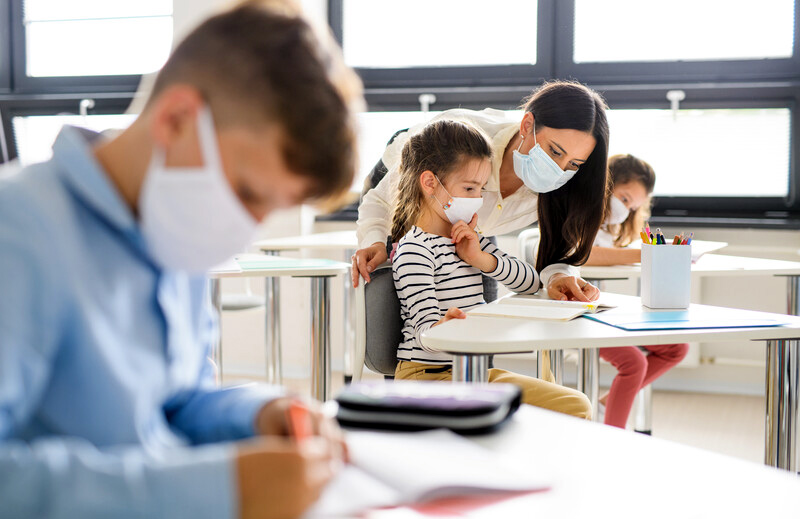By Janna Rojas
Special to Campus News
I’ve seen many students use ChatGPT for classwork. I’ve used it too to give me ideas on how to start an essay or to summarize chapters when I was too lazy to read 50 pages of a book I know I won’t use in the future. I’ve also used it to build study guides for exams. Generative AI tools like ChatGPT can be efficient and beneficial if it is used correctly. But, unfortunately, misuse is rampant too.
Every time I ask my friends if they understood lectures or the homework assigned, the conversation usually goes, “Just use Chat GPT, that’s what I did.” My friends and I have become so reliant on AI to help us with work that I don’t even use Google anymore. That’s how far I’ve come to trust an AI, even when I know I shouldn’t because AI isn’t always 100% accurate with its answers. Even AI says not to trust some sources and to always do your own research.
AI has started to make its way into our society more and more, especially in the classroom. A lot of students use it for both positive and negative reasons, not only in classrooms but also on social media, where many can’t tell the difference between AI-generated and authentic videos. It is now becoming part of our lives and we need to start figuring out how to work with it in a positive way, and learn to adapt to the rapid growth of AI.
The widespread use of AI and its potential to replace human work and thought prompt hard questions. Is it fair? Should it be allowed? To what extent should it be used?
On the dangerous side, AI programs like ChatGPT use other people’s work to find the answer to your question, which, essentially, is plagiarism. The problem with this is that students are using it for all the wrong reasons. They use it to write English papers, and they copy and paste whatever ChatGPT generates. This causes 100% plagiarism where the students end up failing, and they become more reliant on technology to do their work. Furthermore, at Queens College and all CUNY colleges, submitting someone else’s work as your own is considered cheating.
The increased use of AI creates both ethical dilemmas and new possibilities for college classrooms. We need to face them.
I personally love that anyone can use AI. It is open for anyone, and it can be used easily. It’s an amazing tool, but I really wish AI was more of a trusted source with accurate data, and I wished it adhered to ethical practices.
I’ve used Chat GPT more times than I can remember, and I’d argue that most of these have been responsible. I’ve used it so that it can teach me some of the lectures from class that I either didn’t comprehend or because I missed the lecture and I needed an in-depth explanation. For me and I believe for many students, though I can’t speak for all, ChatGPT gives assistance like a tutor. It’s available 24/7, and you can ask it as many questions as you’d like. I find that very beneficial if used ethically.
But AI chatbots can prevent students’ authenticity and creativity. Teachers will need to learn new skills regarding the use of AI, update their rules for the use of the technology, and determine how to prevent its abuse.
AI tools that teach students can even replace human teachers, which raises even more ethical dilemmas.
Some college professors are advocating for there to be AI literacy classes so that students are better educated on these issues. There are also workshops that are being offered for older generations to learn how AI works and how they can use it. They are worried about its potential drawbacks for education.
I have seen many professors speak against the use of AI in classrooms. The older generation tends to be more biased about this problem and leans towards banning AI as a whole. Some are open to it though, especially the younger professors. Some in the education system seem to think that AI could have a good outcome if used properly. Professors can use it to grade work and free up more time in their day.
However you feel about generative AI tools, it’s important to stay up to date with these new technological advances. Many universities and colleges offer boot camps to learn and leverage AI in your life.
Like it or not, AI is here to stay, and we shouldn’t just ignore its problems. We need to face them and talk about them more because AI is part of our lives, and we should use it ethically and to the best of our ability.
 Janna Rojas is a junior at Queens College studying advertising. She is an intern at the CUNY Graduate Center.
Janna Rojas is a junior at Queens College studying advertising. She is an intern at the CUNY Graduate Center.







Facebook Comments